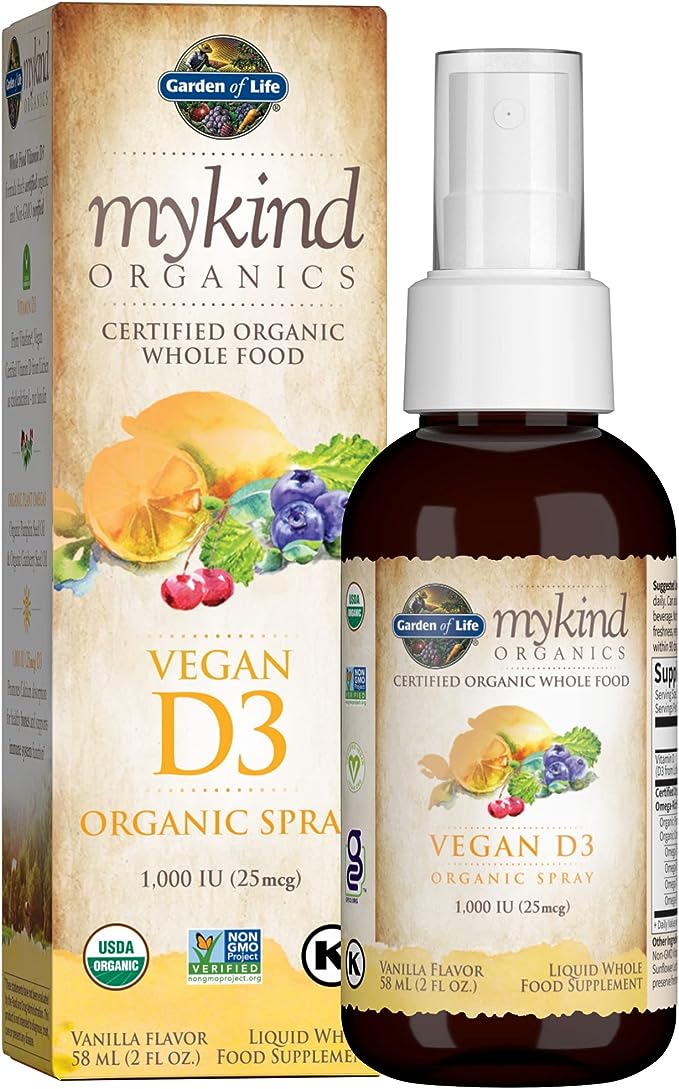How To Improve Your Memory After Stress Takes Its Toll: 20 Best Practices You Can Start Today
May 17, 2024 / by Joliane Tremblay

Disclaimer: Just a heads-up, this blog may contain affiliate links, but rest assured, my recommendations are as authentic as grandma's secret cookie recipe - the only difference is, I want to share them with you! Click and explore with confidence, knowing that every suggestion I make comes straight from the heart.
It’s probably no surprise that when we experience high levels of stress, our bodies naturally enter “survival mode” and often our memory suffers as a result.
Stress, especially chronic stress, can have a significant impact on memory and cognitive function. It can lead to forgetfulness, difficulty concentrating, and impaired problem-solving skills. Experiencing trauma in the form of a divorce, the loss of a loved one, or any other high-stress, emotionally taxing situation can greatly disrupt your cognitive abilities. This can make day to day life more difficult.
The good news is that there are many things you can do to improve, enhance or strengthen your memory, no matter what you’ve been through.
What to consume:

1. GINSENG AND GINGKO BILOBA
These are powerful herbs that help improve memory (and have even been believed to reduce symptoms of Alzheimer's disease). I recommend drinking them as teas, either together or alternating.

2. PARSLEY
This herb has medicinal benefits, and one of them is it’s positive impact on memory function. I suggest making fresh green juice with parsley, and/or add it to your food on a daily basis either in salads or smoothies. You can also use dried parsley, which can be made into a tea, or added to your favorite tea.

3. BERRIES AND LEAFY GREENS
It’s no secret that these are superfoods. If you don’t already, try adding them to your daily food intake either alone or together.
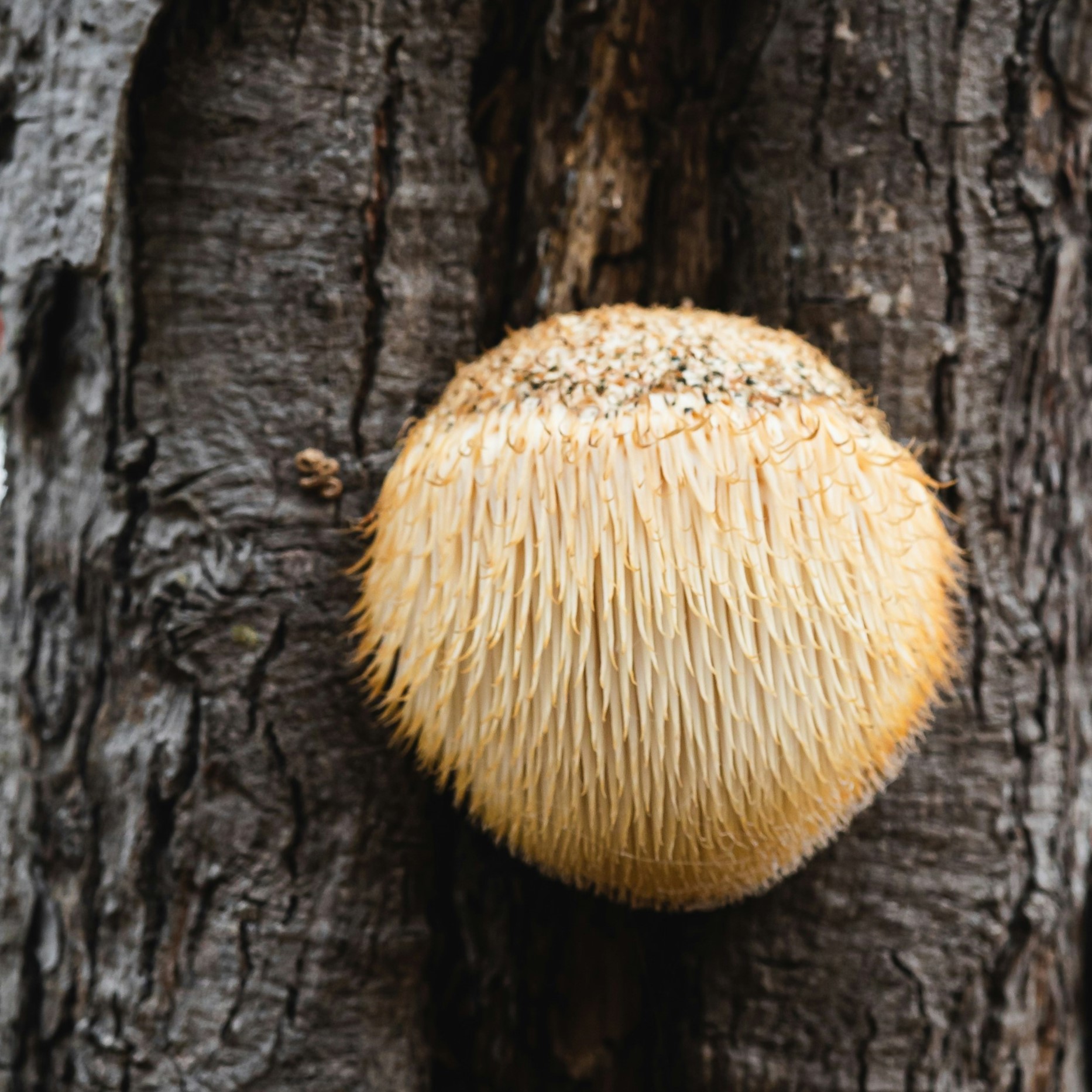
4. LION'S MANE
There are studies that sing the merits of Lion’s Mane mushrooms and their ability to aid in the growth of new brain cells, which can improve mild memory loss. I don’t need much convincing to include these in my diet since I love the taste of Lion’s Mane cooked as a vegan “steak.” Those who aren’t as accustomed to eating it can try adding it to soups, risottos or most recipes that call for mushrooms.

5. WOOD BETONY HERB
As a great nerve tonic, wood betony helps improve circulation, insomnia, anxiety, nervous tension, inflammation, concentration, memory, as well as mental and physical strength. I might add this one to my daily herbal teas for all the health benefits.
6. VITAMIN D
Are you getting enough vitamin D? Since we naturally spend more time outdoors when the weather is nice, insufficient levels of vitamin D aren’t usually a concern during the spring and summer months. However, we aren’t producing as much natural vitamin D during the freezing winter months when we’re spending more time indoors. Mushrooms can increase vitamin D levels, but a high-quality supplement is also a valid option. It is important to talk to your doctor before starting any new supplement regimen, but my personal favorite is the Vegan D3 Organic Spray from Garden of Life (MyKind Organics), which can be given to young kids as well!
What to avoid:
7. DRUGS AND ALCOHOL
Staying away from drugs and alcohol is one of the most obvious ways to keep your memory strong (and your overall health at its peak). If completely stopping isn't an option for you at this time, do you best to reduce it to a minimum. I'm well aware that the social pressure is intense, but if you can get passed that, you will reap all the benefits!

8. CAFFEINE
While caffeine can give us a burst of energy, it makes us lose our depth of focus. Since it’s a stimulant, the benefits are short-lived and somewhat superficial. I spoke about caffeine withdrawal in a previous video, which I will share again shortly. I believe we live in a society that runs completely on coffee. Coffee addiction is real!

What to Do:

9. PLAY A MUSICAL INSTRUMENT
Learn to play a musical instrument (if you don’t already know how). Tasks like reading music and playing an instrument can enhance memory by using different parts of the brain than we use in our regular daily activities. If this seems intimidating, you may want to start with sound bowls, which are relatively easy to learn in comparison to other instruments.
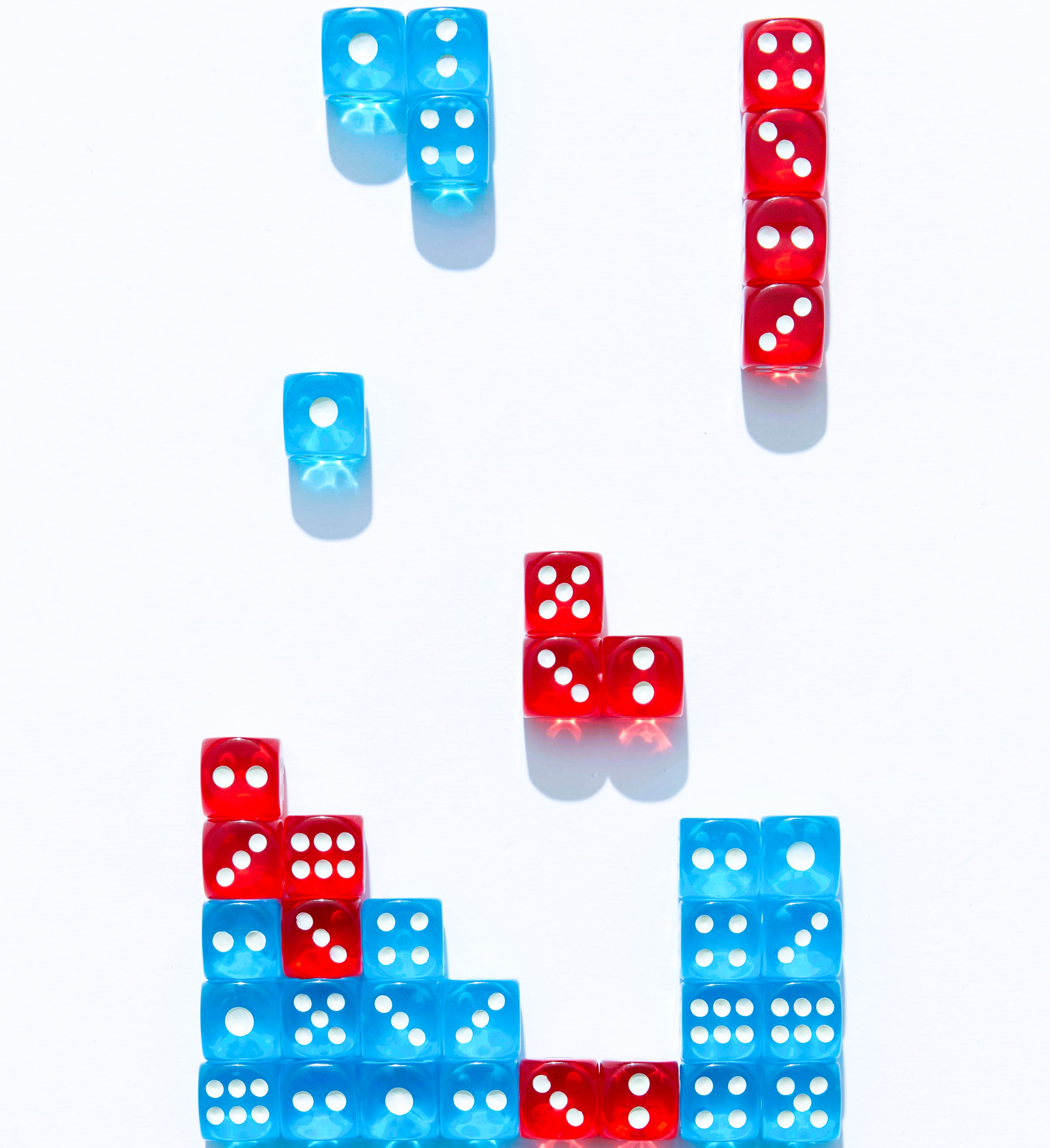
10. PLAY A GAME
In Mithu Storoni’s book “Stress Proof,” I learned that playing games like Tetris, Super Mario 3D, or any spatial reasoning game can help "rewire" the brain. I would try 15-20 minutes per day to start, and see if that is helpful.

11. MEDITATE
Meditation is beneficial because it calms the central nervous system. The more calm your mind is, the more access you have to your subconscious mind, which records everything (almost like a built-in Go-Pro camera). The subconscious mind will only bring information that you can handle to your awareness.

12. HYPNOSIS
Hypnosis is a powerful and often underutilized tool that can effectively calm the central nervous system and also reprogram the subconscious mind to enhance memory function.

13. GET ENOUGH SLEEP
Prioritizing sleep is one of the most accessible ways to improve your memory. If you haven’t been sleeping well, it’s time to troubleshoot. There could be many reasons why you aren’t getting proper restorative sleep, but finding the root of the sleep issues is the best for long-term results. If you have been burning the candle from both ends, you can go a more extreme route and dedicate a weekend for sleep recovery. Clear your schedule, get your kids to spend the weekend away with a responsible caregiver, avoid any home responsibilities and make your number one goal to simply sleep and rest. Don’t wait for your body to bring you into a bedridden stage. And by the way, this works wonders for Projectors in Human Design, and is worth experiencing when and if you’re able.

14. INFRARED LIGHT THERAPY
There are multiple studies that suggest infrared light therapy helps improve memory and cognitive function. I personally use infrared light to treat skin issues, but also benefit from its memory-strengthening properties.

15. SUNBATHE
It has been proven that sun exposure can positively affect our memory and cognitive function, as well as our natural production of vitamin D, which I mentioned above. I love the sun’s warmth and believe in it’s healing capabilities. Do not sunbathe if you experience sun sensitivity. Please be responsible when it comes to sun exposure, you don’t want sun burns either.
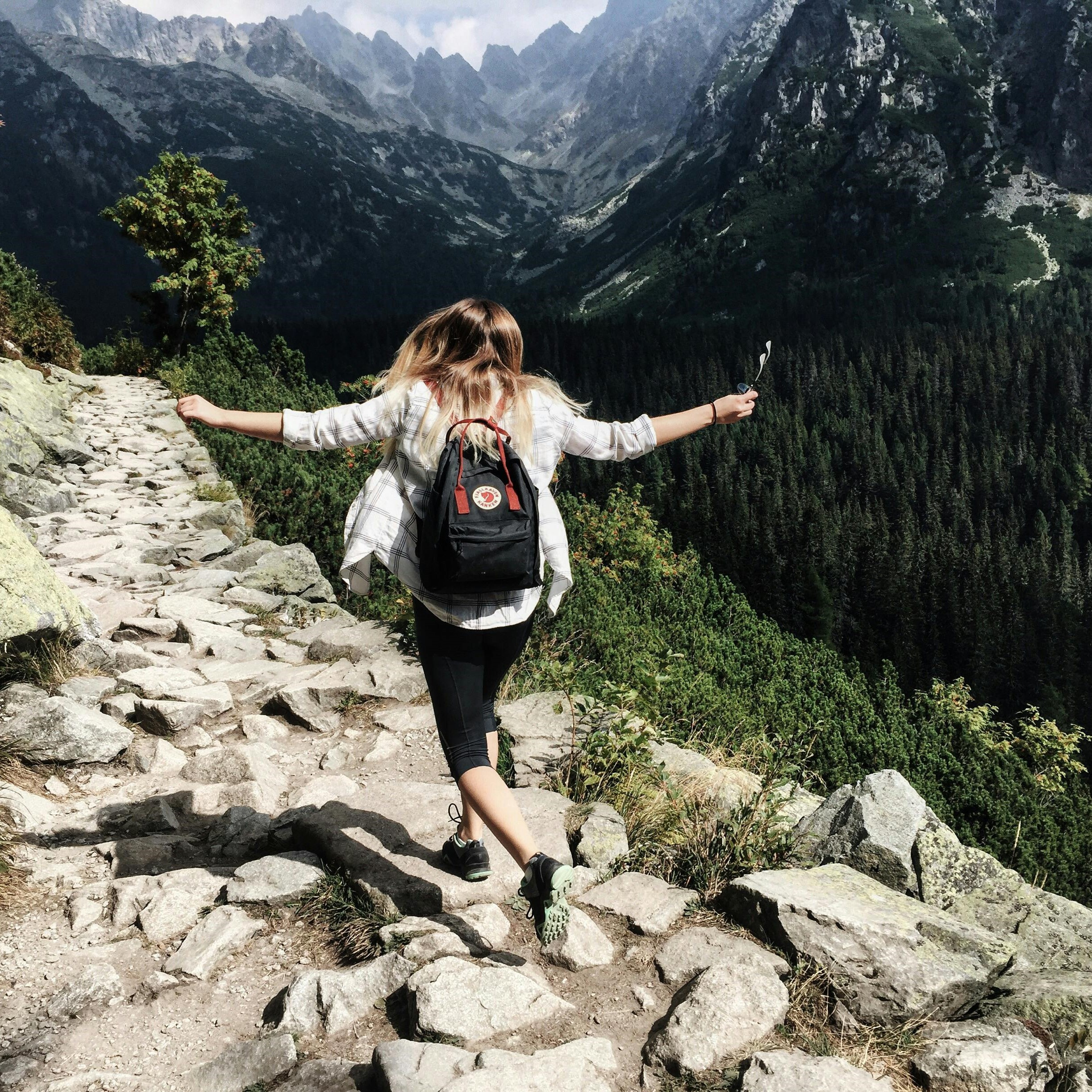
16. EXERCISE
Physical activity is probably the number one recommendation whenever you’re trying to improve your health and wellness. It’s encouraged most frequently for weight loss, but is also a highly effective tool for stress management, and therefore beneficial for your memory.

17. CONNECT
Maintaining social connections and healthy relationships can positively impact memory. Spending time with friends and loved ones, engaging in meaningful conversations, and participating in social activities can not only be fun, but beneficial for your overall wellbeing. It’s important to remember that this doesn’t mean any and all connections are healthy though. We must constantly evaluate the people we surround ourselves with and the social events we partake in to ensure they are life-giving and not draining.
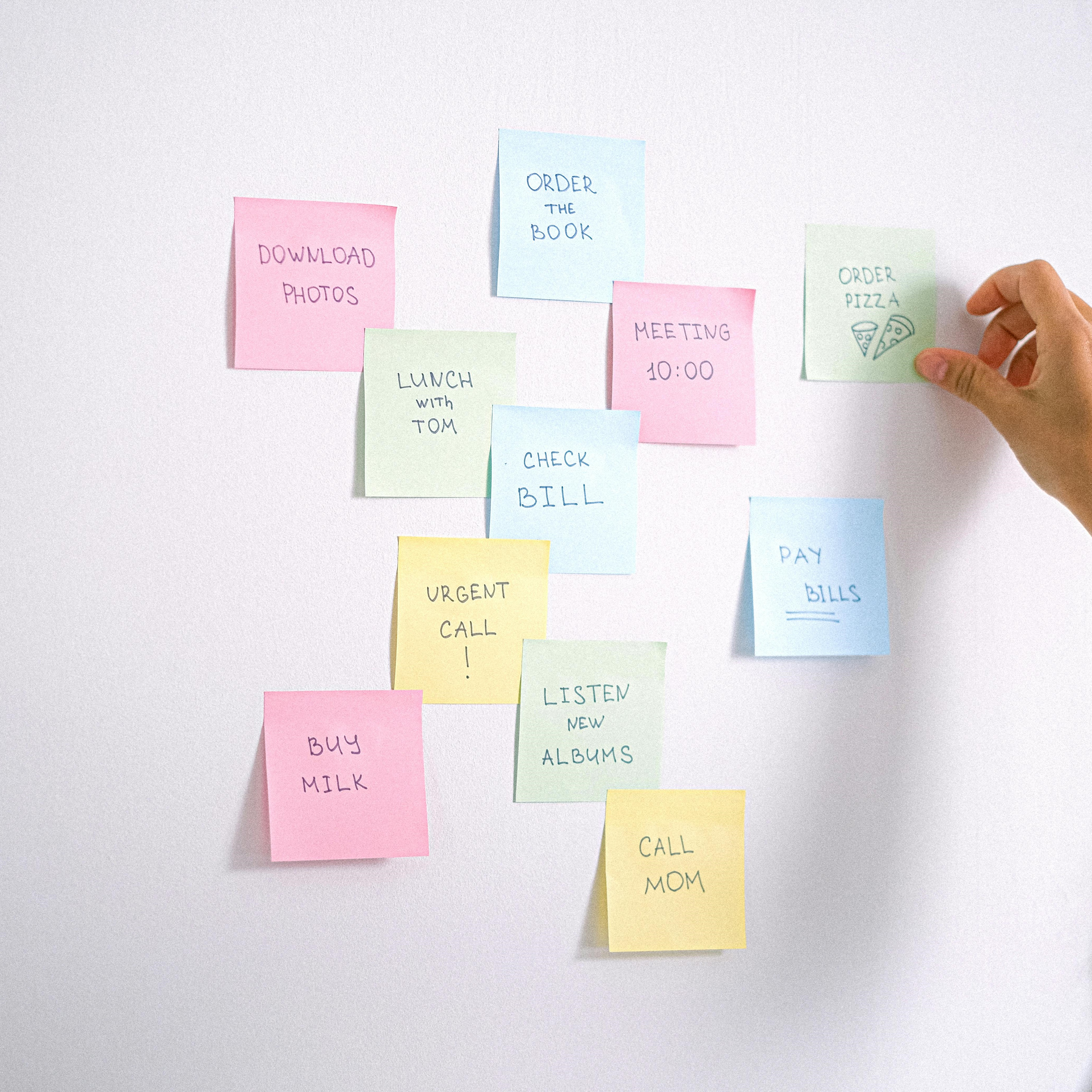
18. WRITE NOTES AND MAKE LISTS
Being organized can reduce stress and help you remember important details. Use tools like calendars, to-do lists, and digital apps to keep track of tasks and appointments. Oftentimes our brains drift while working on tasks even if we are seemingly focused. Instead of diverting my attention to whatever pops into my mind (because I’m worried I might forget it), I send myself an email (thank you smart phones!), but you can always jot these thoughts down in a small notebook as well. Doing this kind of “brain dump” exercise will keep you from forgetting the bits of information that interrupt your thoughts, whether it’s something you need to do, something you need to add to the grocery list, or the title of a book that a friend recommended last week and you just remembered it out of the blue (I do this so often).

19. PRACTICE SELF-COMPASSION
Be kind to yourself during this process. Healing and enhancing memory take time. Avoid self-criticism and focus on self-care. Yes, this one is a lot easier said than done, but you can reap the most meaningful rewards in the long-run.

20. SEEK PROFESSIONAL HELP
If you're struggling to cope with the aftermath of a divorce, a traumatic event, or chronic stress, consider speaking with a therapist, counselor or any other qualified professional. They can provide guidance and support tailored to your specific needs.
I would also like to add my personal thoughts about memory from a metaphysical perspective. I’ve noticed throughout the years that people who experience memory loss often have experienced things that they wish they hadn’t, and in some ways, feel they are being “haunted” by their past.
While all of these suggested remedies can be helpful to a certain degree, you may, in some cases, have to dig a little deeper and work on healing past traumas whether you consciously remember them or not.
By incorporating these strategies into your daily life, you can regain mental clarity, enhance cognitive function, and embrace a brighter, more resilient future. Remember that it's okay to seek help and support when needed, and your path to memory enhancement is uniquely yours.
Your angel of change,
Joliane
P.S. You have other great practices to improve memory? You have suggestions for next blog posts? I'd love to hear from you!
Questions & suggestions box
Medical Disclaimer: Although I'm here to guide and support you, I'm not a doctor. I strive to provide informative content, but please remember that the information shared on this blog is for educational purposes only, and is not a substitute for professional medical advice. Always consult with a qualified healthcare provider for personalized guidance regarding your health and wellness journey.
Get your FREE
"Finding Yourself to Heal"
eBook
A Roadmap to Help Guide you on your journey
COMING SOON...
Joliane Tremblay
Holistic Healer
Enter the realm of Joliane, a seeker of the extraordinary, driven by curiosity, ambition, and unwavering perseverance. With a heart ignited by anything related to healing, Joliane stands as the town sage, wielding wisdom, guidance, and an unshakeable belief in the limitless potential of each and every person's individual healing journey.
